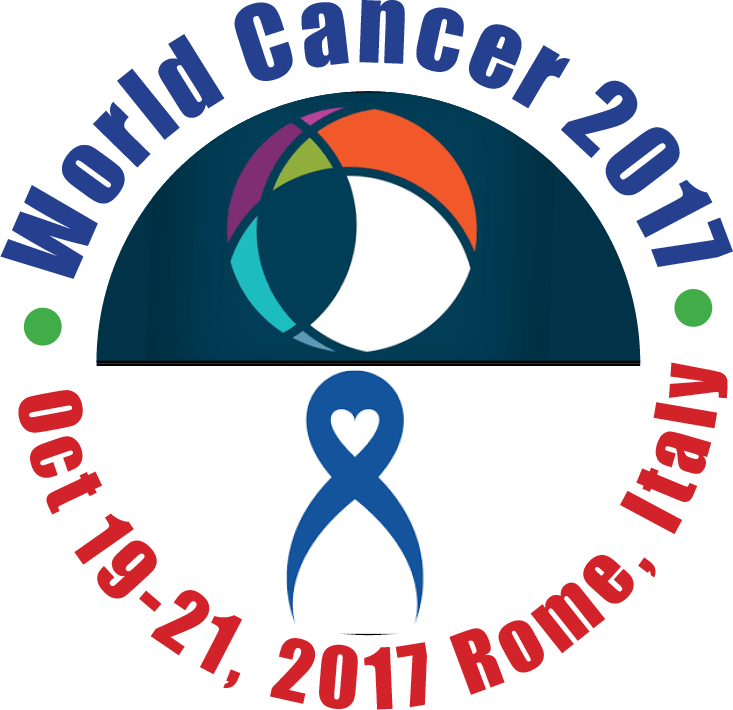
Biography
Biography: Emel Mete
Abstract
Cancer is defined as a class of diseases in which abnormal cells divide without control and can invade other tissues. It is a leading cause of death worldwide and accounted for 7.6 million deaths (around 13% of all deaths) in 2008. Acupuncture is one of the major treatment methods in Chinese medicine (CM). The value and safety of acupuncture are documented in the growing body of literature on acupuncture treatment for chronic pain, osteoarthritis, migraine, and the relief of procedural anxiety. In addition, acupuncture has been used to treat a range of problems associated with cancer and cancer treatments, such as hot flashes, chronic fatigue, neuropathy, nausea and vomiting, xerostomia, and dysphagia. Needle stimulation causing a typical needle sensation has been claimed to be important for reaching maximum effects on pain. Acupuncture points in the cutaneous nerve can be used to reduce pain, vomiting and nausea and to treat depression. Cancer treatment can also be used to reduce other effects such as xerostomia and sensory impairment. According to a study, acupuncture treatment was found to be effective in pain control in cancer, acupuncture alone was not better than standard drug treatment, but acupuncture
and drug therapy combination was significantly more effective than drug treatment alone. In another study, standard pain treatment with hand-foot acupuncture was compared in terms of side effects and analgesic efficacy in patients with liver cancer. Acupuncture has resulted in a longer analgesic effect without any side effects. Literature reviews indicate that acupuncture is effective in pain management and it has no side effects. On the other hand, inadequate number of randomized controlled trials and the fact that studies are performed on fewer patients and the short follow-up time lead to an inaccurate explanation of the effectiveness of acupuncture. We think that there is not enough research about acupuncture on cancer and that more randomized controlled trials are needed.

